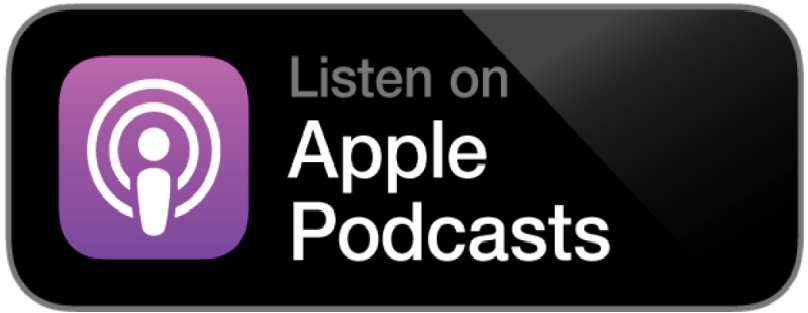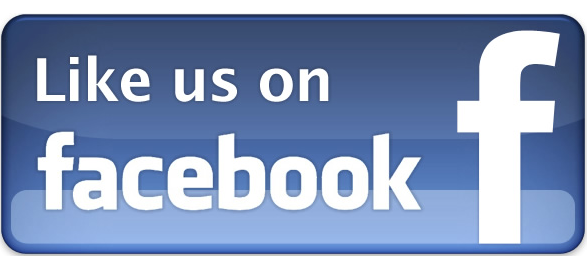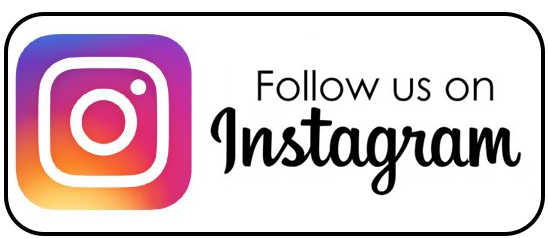Judaism Unbound Episode 407: Brett Lockspeiser – Spiritual Hardware
Brett Lockspeiser, product designer, mosaic artist, co-founder of Sefaria, and now the co-founder of Spiritual Hardware Labs, joins Dan Libenson and Lex Rofeberg for a conversation about the intersection between accessible technology and meaningful ritual. This episode is the fifth in an ongoing series of Judaism Unbound episodes exploring digital Judaism.
Registration is now open for our newest learning opportunity, Torah for this Moment: Channeling Jewish Wisdom Toward Peace and Wholeness in Israel and Gaza. The Friday-night series of Jewish text explorations will aim towards grounding us in intentions of wholeness and liberation for all people during this time of crisis in Israel and in Palestine. Click here to learn more and sign up.
We recorded this episode, along with a number of our upcoming episodes, before October 7th, when war broke out in Israel and Gaza. We, and we’re sure many of our listeners, are holding feelings of deep despair, anger, and frustration as we pray for the healing of our world. If now is not the time for you to listen to something that feels separated from the tragedy of our moment, just save this episode for a later date – you can always come back to it. If now feels like precisely the time to take a second and consider the future of our Jewish community in a conversation that does not tie directly to Israel/Palestine, we invite you to listen in.
[1] Read more about Lockspeier’s work on his website. For another conversation between him, Dan, and Lex, see Episode 98: The Future of Torah – Brett Lockspeiser.
[2] Lockspeier refers to a quote from the Rambam (12th-century Sephardic philosopher also called Maimonides), who claims that virtue arises from regularly giving to charity in small amounts, rather than infrequently giving in large amounts. This language comes from his commentary on Pirkei Avot, a Jewish ethical code (Commentary on Pirkei Avot 3:15).
[3] Lex mentions that some of our earliest episodes involve conversations with Jewish Studies scholars about our relationships to material culture, specifically Episode 5: Leviticus – Vanessa Ochs.
[4] Lex hearkens back to our series on Jewish philanthropy when discussing the automation of tzedakah, ritual charitable giving. For more episodes from that series, see:
Ep252: Foundations of Jewish Life (Aaron Dorfman)
Ep253: Philanthropic Inclusion (Jay Ruderman, Shira Ruderman)
Ep254: The Jewish 1% (Danielle Durchslag)
Ep257: Jewish Liberation Fund (Joanna Ware, Nadav David)
Ep258: Jewish Giving…Or Not (Dan and Lex)
[5] While discussing how technology can connect us across space, Lex shouts out Sefaria’s Global Community Torah Campaign, in which individuals around the world elected to write one letter in the first-ever digital, communally-transcribed Torah.
[6] Dan brings up the “giving fountain” Spiritual Hardware prototype, which uses flowing water to donate to charity. Check out a video of the prototype here. (BTW: This is what Dan is talking about when he says he wants his wife to let him buy a “kiddush-splitter.”)
[7] Regarding the universalization of Jewish practices, Dan mentions Esperanto, a 19th-century attempt at an international language, which Lex points out was disproportionately developed and disseminated by Jews. See this article, Esperanto: A Jewish Story, from a 2009 issue of the Yiddish Book Center’s magazine to read about the language’s Jewish history.
[8] Lockspeier says that a conversation with his friend David Kasher about the meaning of the Mi Shebeirach prayer for healing inspired him to develop the “Prayer Stone.” Listen to our episode with Kasher at Episode 357: Torah Nuts – David Kasher.






